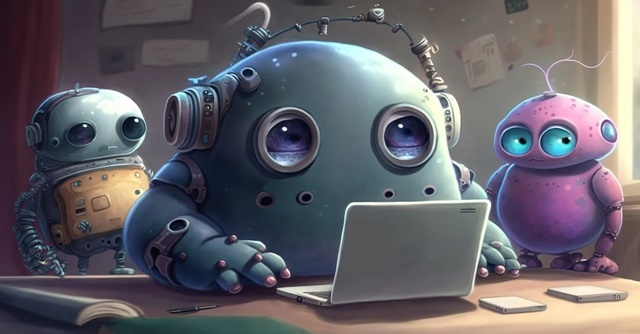
Google Bard expands to nine Indian languages


Google’s artificial intelligence chatbot Bard is now available in nine Indian languages — Hindi, Tamil, Telugu, Kannada, Bangla, Urdu, Malayalam, Marathi, and Gujarati. Overall, the smart chatbot supports over 40 languages globally.
Google has also introduced a sound icon in Bard to get audio responses. Users will also have the option to change the tone and style of the response; this feature is live in English and will be expanded to new languages in the future.
Google is also tapping on Lens to let Bard users to add images to their prompt to make any analysis or add a photo caption. It is now available in English (US) and will be expanded to more languages ‘soon’, the company said. The feature was first demonstrated at the Google I/O conference held on 10 May. Previously, Bard could only include images in the responses.

Moving to PaLM 2 (Pathways Language Model 2) as the underlying model for Bard has led to improvements in its coding and reasoning skills. To make it more appealing to developers, Bard now has the option to export Python code to Replit, a browser-based platform for collaborative coding. Google has an ongoing partnership with Replit, announced in March, for advancing innovation in generative artificial intelligence.
Other new features of Bard announced by Google include the ability to pin and rename conversations, and share the entire chat with other users.
Bard, which was available in only the US and UK at the time of its launch, has now expanded to regions like Brazil and across Europe. Bard was made available to users in India in May.

Last month, Google organised the I/O Connect program in Bengaluru. Prominent announcements made at the event included the availability of the PaLM application programming interface (API) to Indian developers and the launch of an accelerator program for the government-backed Open Network for Digital Commerce (ONDC). Google also said that it will be open-sourcing the first set of speech data under Project Vaani, which comprises over 4,000 hours in 38 languages. Project Vaani has been created through a collaboration with the Indian Institute of Science.
On 6 July, OpenAI, the maker of Bard’s rival ChatGPT, announced the general availability of language model GPT-4. The subscription-based version ChatGPT Plus is based on GPT-4. OpenAI also announced that ChatGPT Plus subscribers can access the Bing search engine to get relevant answers to questions. This is significant because, unlike ChatGPT which was trained on data available till the year 2021, Google’s Bard drew information from the web to offer answer to queries.
